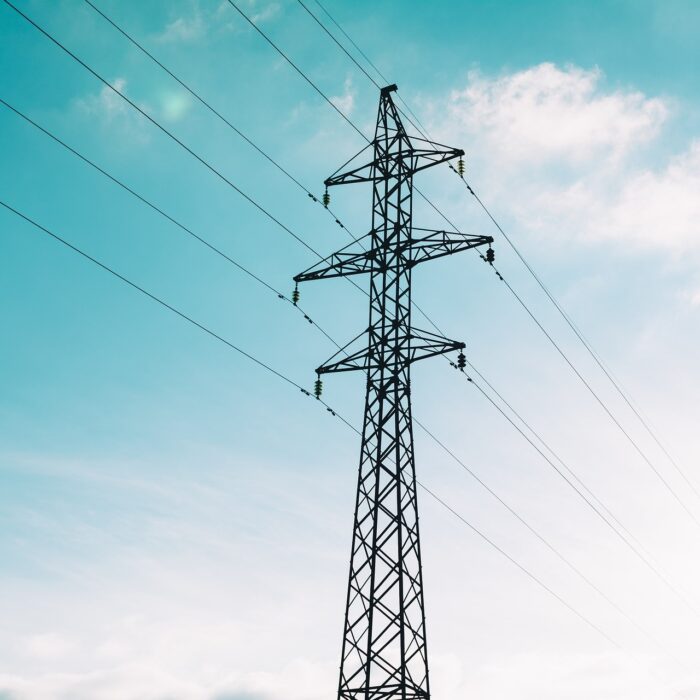
Building Decarbonization Update: California Energy Commission Approves First Set of Electric Reach Codes
February 1, 2020Following up on the October 2019 edition of In the Public Interest, this article provides an update on the California Energy Commission’s approval of ordinances passed by several cities and counties to encourage or require buildings to go all-electric.
As reported in the October 2019 edition of “In the Public Interest,” local jurisdictions throughout California have been seizing the opportunity presented by the triannual State Building Code adoption process to electrify buildings by incentivizing or requiring the exclusive use of electricity in buildings, or by banning natural gas infrastructure. Electrifying buildings is an important strategy for tackling greenhouse gas (GHG) emissions from the built environment, since the use of natural gas to power appliances and provide heat, along with transporting natural gas to buildings, is a significant source of GHG emissions.
The latest edition of the state building standards went into effect on January 1, 2020, and local jurisdictions have been busy updating their local building codes as a result. Many cities and counties have used this update process to join the movement to adopt electric reach codes, which are ordinances incentivizing or requiring the exclusive use of electricity in new buildings.
The California Energy Commission (CEC) also has a role to play since it is tasked with reviewing and approving local ordinances that amend the state energy standards. The CEC has begun approving such reach codes, giving these local jurisdictions the green light to enact their strategies to address the GHG emissions associated with their building stock.
In December, the CEC approved five electric reach codes, including local ordinances adopted by Menlo Park, San Jose, San Mateo, Santa Monica, and Marin County. In approving these reach codes, CEC Commissioner Andrew McAllister acknowledged the “clear mandate to decarbonize our energy systems and our economy.”
Among the reach codes approved by the CEC in December, the City of Menlo Park’s reach code requires that nonresidential construction be all-electric and install solar generation, with some exceptions. It also requires that new residential construction use electric space and water heating, while allowing for gas cooking and fireplaces. Where gas appliances are allowed, the buildings must be “pre-wired” for future electric appliances. Marin County, along with the other cities that passed electric reach code ordinances approved by the CEC in December, adopted an ordinance requiring that “mixed-fuel” buildings, or those built using both electricity and natural gas, achieve greater energy efficiency than all-electric buildings. This “electric-preferred” method provides an incentive to build all-electric rather than requiring it outright.
Other cities and counties have adopted their own electrification ordinances. These ordinances will also need to go before the CEC for its review and approval.
In addition to adopting electric reach codes, San Jose and Berkeley have also banned the use of natural gas infrastructure in new buildings. The array of strategies implemented by these local jurisdictions illustrates that there are many ways for cities and counties to reduce emissions of GHGs from their building stock.
Despite the CEC’s approval of the reach codes discussed above and a growing consensus among local jurisdictions that building electrification is a prudent strategy for addressing the challenge of climate change, there have been a few lawsuits filed to date challenging electric reach code and gas ban ordinances. The Town of Windsor’s electric reach code is the subject of two lawsuits in state court, while Berkeley’s natural gas ban has been challenged in federal court. How these suits develop in the coming months may provide some further indication to other local jurisdictions interested in enacting similar ordinances.
Jurisdictions that are interested in adopting an electric reach code of their own may do so at any time, and can use the ordinances discussed here as models for how to get started.
For more information, contact SMW attorney Ellison Folk.
By Ellison Folk and Lauren Tarpey